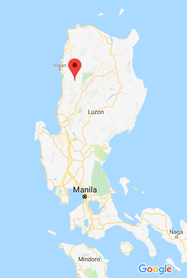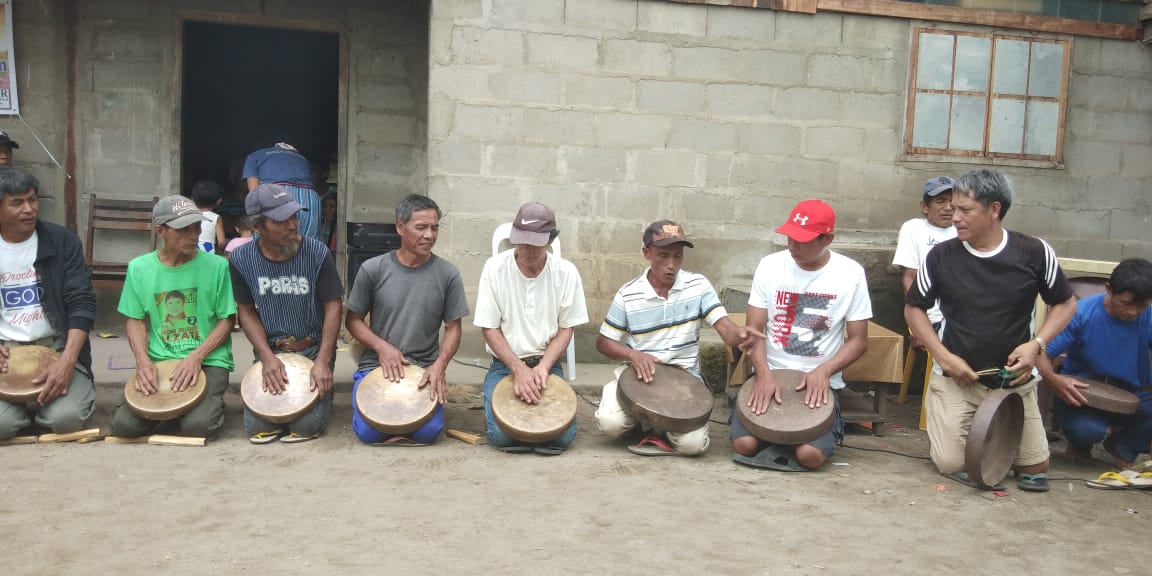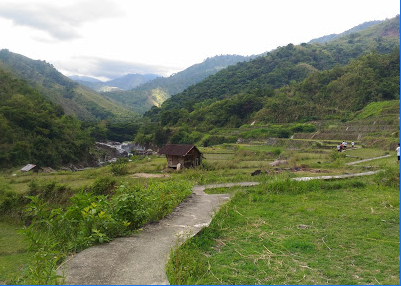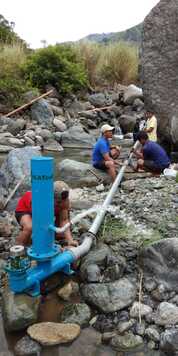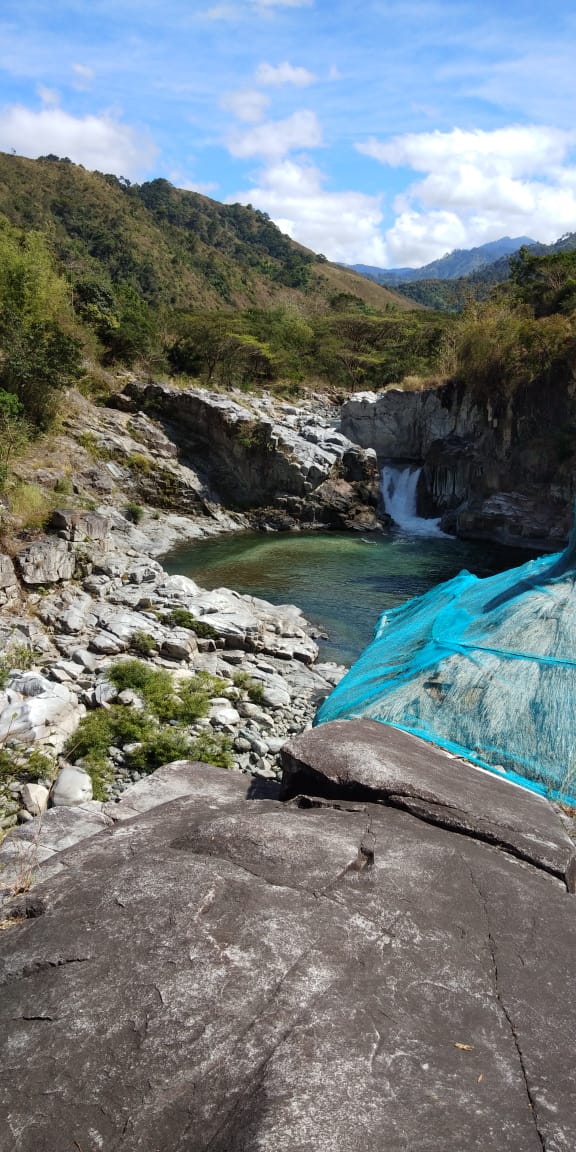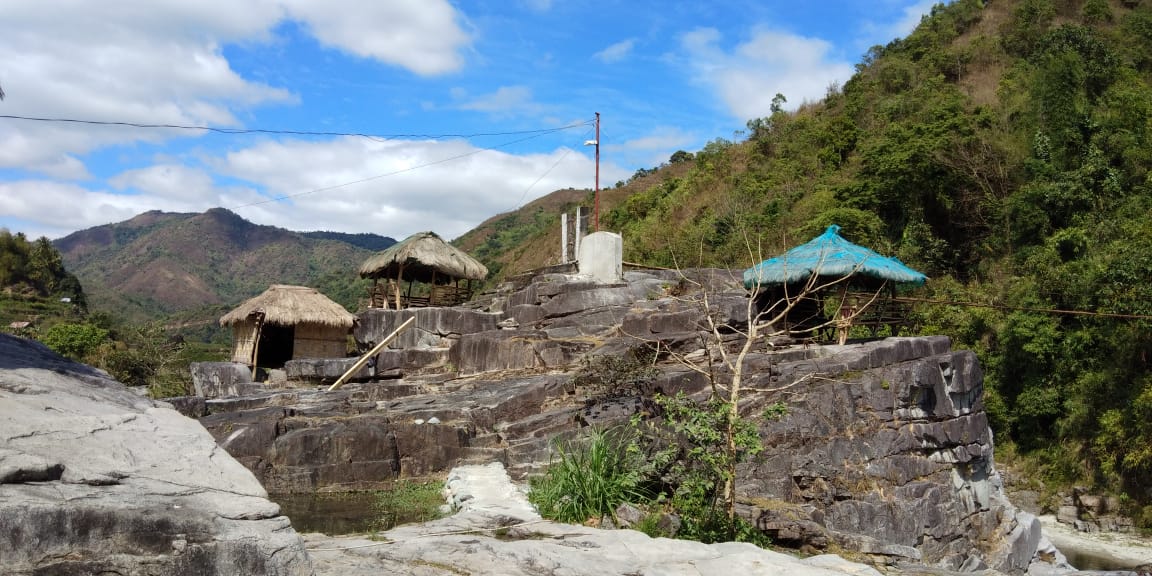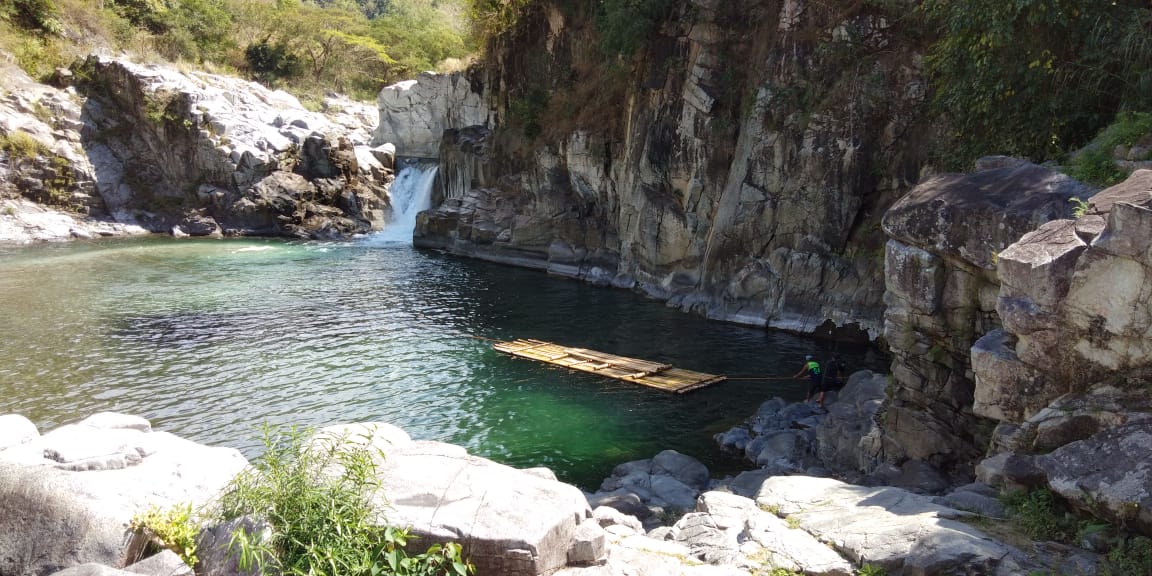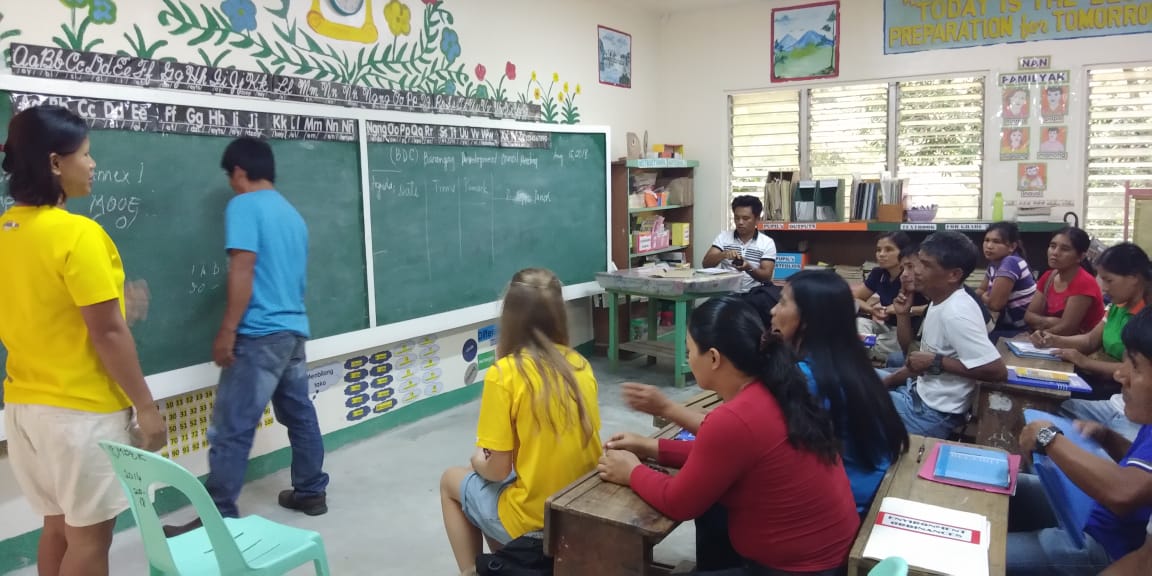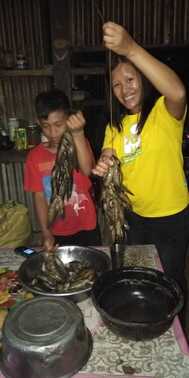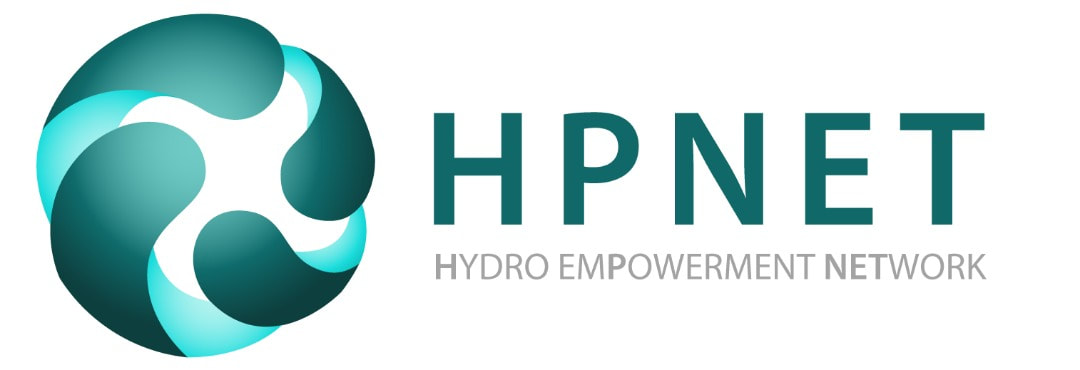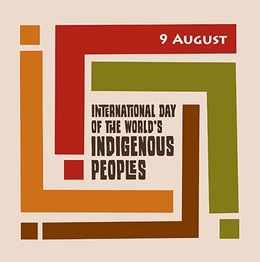 UN logo for International Day of the World's Indigenous Peoples. Credit: UN
UN logo for International Day of the World's Indigenous Peoples. Credit: UN Indigenous communities of South and Southeast Asia are highly diverse, with unique traditions, languages, religious/spiritual beliefs and social structures. One commonality is the link between environmental conservation and indigenous heritage. Indigenous communities play a vital role in safeguarding the region’s rich biodiversity and forest ecosystems. They are often deeply reliant on ecosystem services, and carry an intricate understanding of local ecological relationships.
| TUBO VILLAGE To kickstart the series, we are featuring the indigenous community of Tubo, located in Barangai Kili of the Abra Province in the Philippines. We had the opportunity to speak with Ms. Jade Angngalao of SIBAT, who works closely with the community of Tubo. Jade shed light on the community’s unique governance structures and environmental customs, which have been strengthened with the implementation of a community-based MH system -- which in turn has supported Tubo in building climate resilience. |
Tubo is a municipality located in the mountainous Barangai Kili region of Abra, a Northern province of the Philippines. Residents belong to the Maeng tribe and speak the Maeng dialect. The local population is Catholic, but also uphold traditional indigenous rituals and beliefs; spirituality is an important part of everyday life in the community.
Central to Tubo’s governance structure is a Council of Elders, whose opinions are highly respected in the community. The Council is made up of both men and women elders, who play an equal role in decision-making and drafting policies. Municipal elections are held in Tubo, but for mostly perfunctory purposes, as the Council of Elders appoint leaders prior to official elections. The Council also has leverage over the local government, and has successfully influenced local representatives to implement social services, such as government-funded health care, in Tubo.
THE ROLE OF NATURE
Nature is deeply embedded in the Maeng’s traditional beliefs, and plays a significant role in everyday life. Agriculture is the community’s main source of livelihood, and is linked to many local customs, beliefs and festivities; for instance, harvest rituals are important within Maeng culture.
| Spiritual beliefs about the natural world have been passed down through generations, and the Maeng’s interactions with the local ecosystem are informed by deep-rooted conservationist ontologies. The community upholds strong customary laws around watershed management; locally referred to as the ‘Lapat System’, these customary laws have, in fact, been institutionalized as government policy in Barangai Kili. |
| Tubo’s microhydro system was installed 12 years ago, jointly funded by a missionary group and and the municipal government. The system has a capacity of 15 kW and provides power to 78 households. SIBAT's Center for Renewable Energy and Appropriate Technology (CREATech) also supported the installation of a hydrualic ram pump to irrigate 10 hectares of rice fields, manufactured at CREATech. SIBAT considers Tubo to be an “advanced” MH community because local actors have developed successful methods for sustainably operating and managing the system. A key factor in ensuring the long-term sustainability of the MHP has been the efforts of the Council of Elders to mobilize local youth to participate in the implementation and maintenance of the system. |
Five years ago, a hot spring resort was established in Tubo by a local people’s organisation, with the approval of the community, Council of Elders and the Barangay Local Government Unit. Led by the Kili Hydro Electric Power Association (KHEPA), the community wants to build new cottages for the resort to meet increasing demand, as well as extend the power from the MHP to two un-electrified sitios.
| The people of Tubo have maximized the positive social and economic impact of their energy system; moreover, they have developed a sustainable management model which has ensured its long-term viability. The community’s strong governance structures and environmental stewardship practices have played a critical role in supporting the success and sustainability of the system. A member of the Council of Elders aptly stated that “the true heart of the energy system lies in the watershed”. |
| Customary laws for watershed protection (the 'Lapat System') exist all across the Philippines, but are not always practiced. By strengthening customary laws, community-based MH is helping to build climate resilience in rural, indigenous communities across the region. The implementation of MH has also increased social cohesion and strengthened traditional tribal boundaries in Barangai Kili. This is significant, considering the increasing regularity of resource-based conflicts, caused by food insecurity. By reinforcing customary boundaries and laws, MH has helped to mitigate the threat of invasion from neighboring communities into the watershed area. Of course, by supporting watershed strengthening, MH also plays an important role in safeguarding increasingly scarce water resources, thereby building climate resilience and food security. Jade explains of the photo (left), "The fish that I hold are the fresh catch from that river. The river is rich of fish since Tubo is following the Lapat system." |
DIFFERENCE BETWEEN MICRO HYDRO AND LARGE HYDRO
By enhancing social cohesion and incentivizing watershed strengthening, the impact of small-scale hydro is quite the opposite of large hydro. The community of Tubo is working to preserve their MHP, and its many social and environmental benefits, resisting external plans to implement a large hydro dam. Large hydropower and other large energy infrastructure often displaces indigenous communities. In Tubo, policies around customary watershed protection laws have so far mitigated the threat of resource development -- from both large hydro and geothermal.
In addition to SIBAT's work on renewable energy, support is also expected to come from a newly established organization called RESILIENCE, founded by Ms. Victoria Lopez, retired executive director of SIBAT. The main goal of RESILIENCE is to build climate resilience in indigenous communities by strengthening the Lapat.
